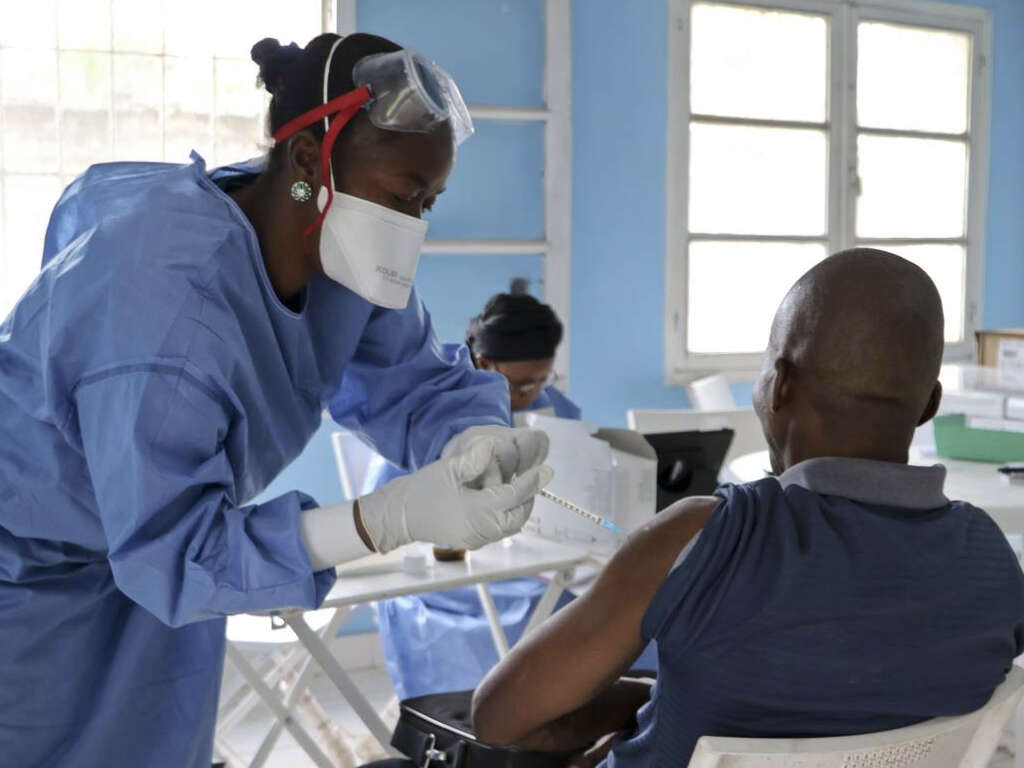What Is DRESS Syndrome?
There are countless different types of drug used in modern medicine. They are generally very beneficial to us and, in some cases, they can even save our lives. For all the good they can do for us, however, some drugs come with some very unwelcome side effects. In some cases, individuals can have bad reactions to drugs that most other people will not develop.
One example of such a reaction is drug reaction with eosinophilia and systemic symptoms (DRESS). It is not a common condition and, for those that do have it, it can be life threatening. Here’s a look at some of the symptoms of this rare but dangerous condition.
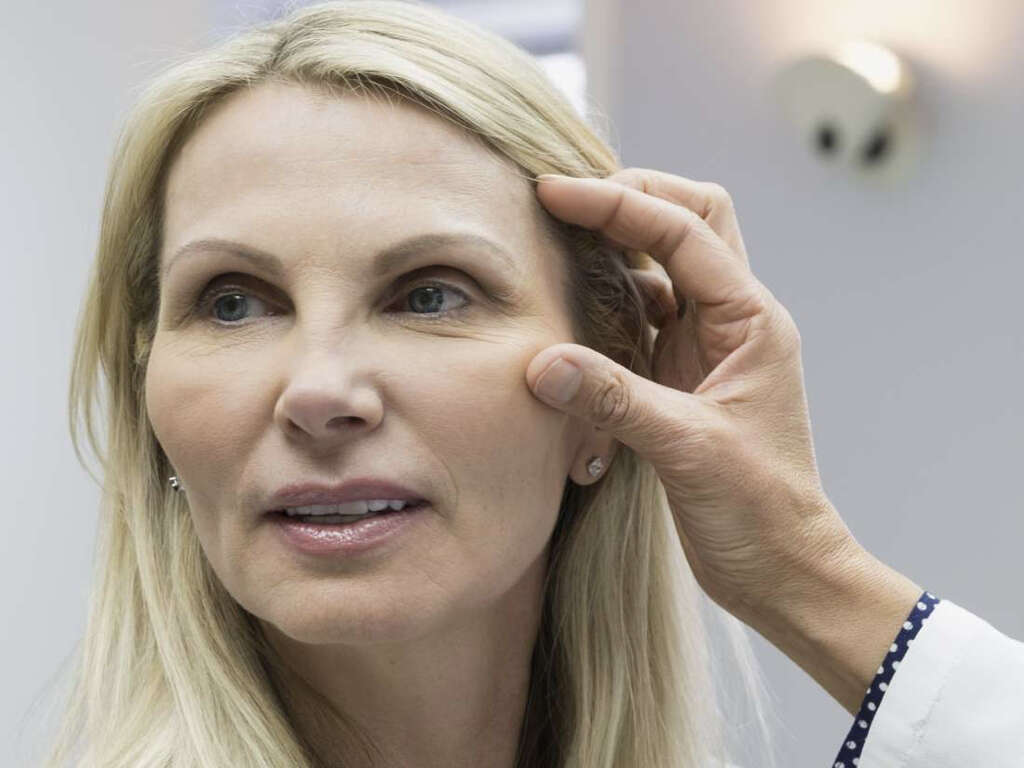
1. Genetics
We are all put together differently. Not only can we look different from the outside but there can also be differences in regard to how our bodies function on the inside. For example, different people will react in different ways to anything that is put in our bodies, and this includes medication. Some people will have reactions to medication because they are genetically disposed to do so. There is little that can be done about the condition, except to try and find alternative drugs that the patient will not have a bad reaction to. If one or more of your parents reacts badly to certain drugs, then you may do also.

2. Liver Defects
Our liver performs a lot of important roles in our body. It helps to make and release hormones that help with digestion and other bodily functions, and, of course, it helps to filter toxins and other impurities out of the food and drink we consume.
If there is something wrong with our liver then it can have an impact on the overall functioning of our body. If your liver is defected in any way then it can affect your ability to process medication. This can, in turn, lead to complications such as DRESS.
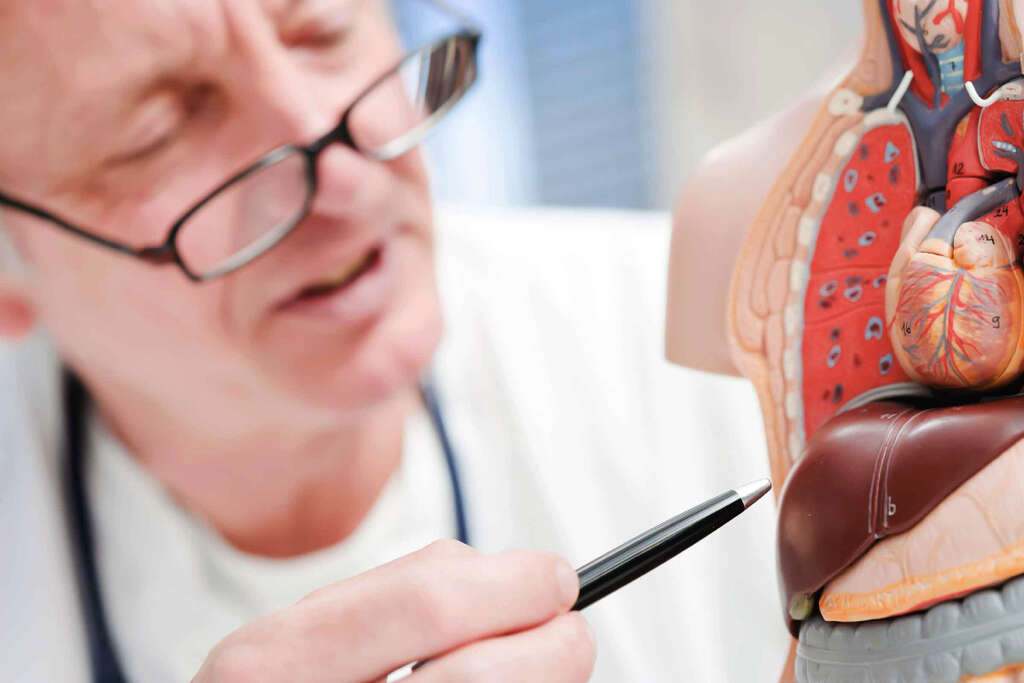
3. Reactivation of Viruses
It is not uncommon for us to be infected by pathogens, only for those pathogens to become dormant in our bodies. This includes, but is not limited to, some relatively common pathogens such as the Epstein Barr virus (EBV), and the human herpesvirus 6 (HHV6).
When dormant, these pathogens will cause no symptoms at all, although they can still be contagious to other people. They can, however, be reactivated sometimes and this will cause symptoms to return. Some people can find that certain medications will reactivate otherwise dormant viruses, and this can cause them to become quite ill as a result.
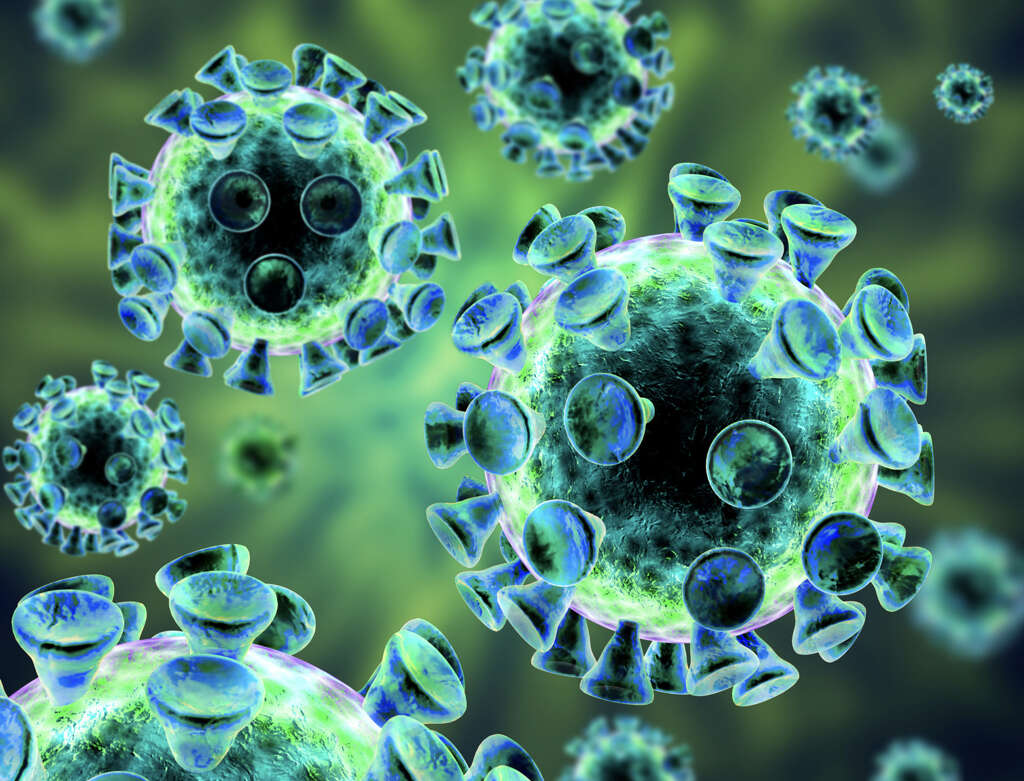
4. Fever
DRESS will cause some unwanted symptoms, one of which is a fever. This is because the body recognizes that there are unwanted intruders in the body and sets about making the body too hostile for them to thrive. Because a fever is a fairly common symptom, and not usually something to be concerned about, it can be easy to disregard it to begin with.
You might be tempted to take a pain reliever to take the edge off the fever but, if the symptoms are severe and long-lasting, you should see a medical professional.
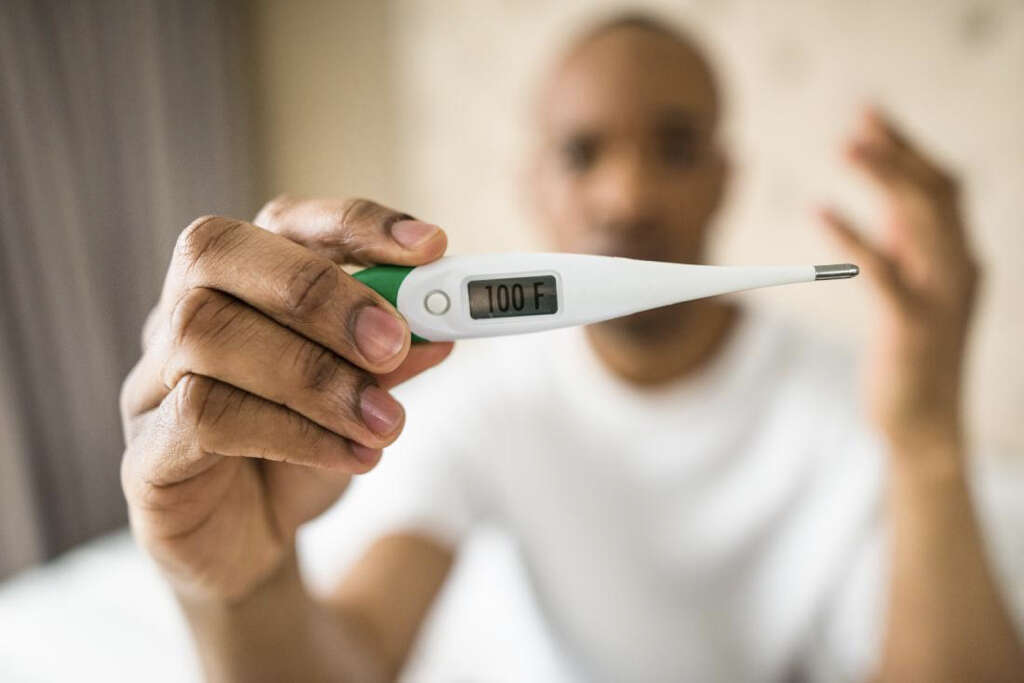
5. Skin Eruption
Our skin is prone to picking up bumps and scratches its a part of life and almost inevitable. We might also burn ourselves occasionally in one way or another, causing blisters and similar skin conditions. There’s also pimples and acne that can affect us, while our skin will also develop rashes for various reasons.
Some symptoms of DRESS include rashes and other skin conditions. It can be severe and is often extensive, covering the entire body in some instances. Rashes of this nature are not normal and should encourage you to seek professional guidance as soon as you can.

6. Atypical Lymphocytosis
Lymphocytes are a type of white blood cell that help to keep us safe from pathogens. They get their name because they are mainly found in lymph, which is a type of fluid that is found flowing through our lymphatic system. When there is a higher than usual relative number of lymphocytes in the blood than usual, it is a condition known as lymphocytosis.
Atypical lymphocytosis can be caused by drug reaction with DRESS. It results in symptoms including, but not limited to, shortness of breath, fatigue, swollen lymph nodes, loss of appetite, and a fever.
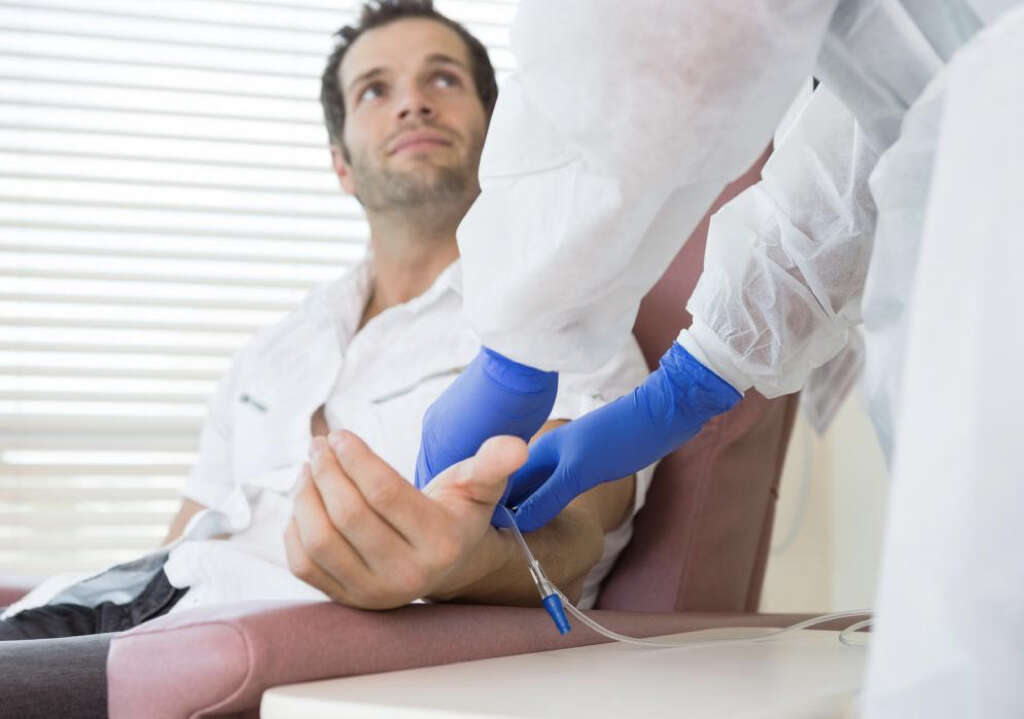
7. Lymphadenopathy
Our lymph nodes are a very important part of our immune system. They help to filter out pathogens from our blood and can even help to filter out cancerous cells from the system. They are located in various parts of the body, most notably in the neck, the groin, and under the armpits.
Lymphadenopathy is a condition that affects the lymph nodes, and can be caused by DRESS. This results in a swelling of the lymph nodes that is often clearly visible and can also be quite sore to the touch. It is often benign but can be a sign of a serious underlying problem.

8. Internal Organ Inflammation
Most of our internal organs are essential to us. Others are not quite essential but still play an important role in our overall well-being. It is important to keep them as healthy as possible, but there are various medical conditions that can affect their functioning. Our internal organs are prone to becoming inflamed and this can be caused by DRESS.
This can result in numerous unwanted symptoms and they can pose a very real threat to our lives in some cases. Many of these conditions are at least treatable if not curable, and dealing with the underlying cause should help the patient recover.

9. Swollen Face
Some people with allergies are familiar with the phenomena of their face swelling up. It is often the case that certain parts of the face such as the lips will swell up, while some people might find that their whole face will swell. Depending on the cause, it is not necessarily something to be worried about, but it is a sign for some people that they need assistance.
A swollen face is also sometimes a sign that you have DRESS. In most cases, a face swelling up in this way is not characteristic for the patient so they will know that something is wrong.

10. Mucosal Involvement
Mucus is very important to us because it helps to ensure the proper functioning of our body. It helps with digestion, with the absorption of oxygen, and also helps to keep us safe from pathogens. There are various types of mucus with different types being used in different parts of the body where they perform different functions.
In some patients with DRESS, the mucous membranes can become affected. This can lead to a range of symptoms such as cracked skin, inflammation, and infections. It can be painful and it is a condition that should be treated as soon as possible.








